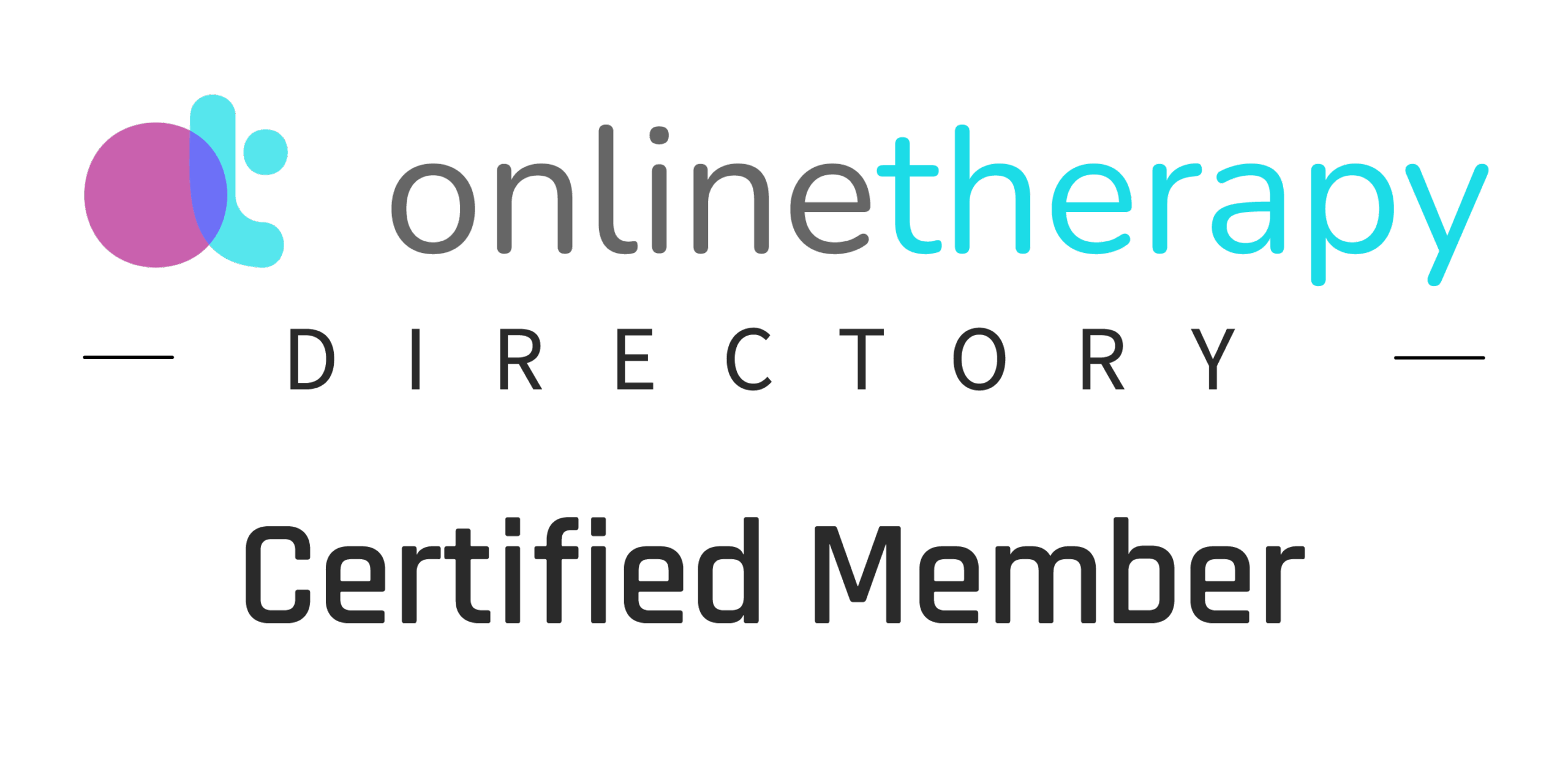Stop the Negative Self-Talk and See What Happens

Early on in my personal journey, I noticed just how much negative self-talk had taken root in my mind. The first step in my healing process was simple, yet powerful: I noticed. I started paying attention to how often I blamed myself when things went wrong, how frequently I had unkind and unhelpful thoughts directed at myself.
And I began to ask: Where did this voice come from? Why do I talk to myself this way?
As both a psychotherapist and someone who’s done deep personal healing, I now know that negative self-talk doesn’t appear out of nowhere. It’s shaped by our early experiences, often by trauma, abuse, or toxic environments. If you’ve endured narcissistic abuse, emotional abuse, or even subtle invalidation in childhood or relationships, your brain learns to internalize negative beliefs like:
-
“I’m not good enough.”
-
“I need to be perfect to be loved.”
-
“I’m responsible for how others feel.”
-
“If I make a mistake, I deserve to be punished.”
These messages can come from your family of origin, a controlling partner, or even societal pressures. And once they’re internalized, they become the backdrop of your self-perception.
Trauma and the Roots of Negative Thought Patterns
In trauma therapy, including approaches like EMDR therapy, somatic trauma therapy, and dialectical behavior therapy (DBT), we often explore how the brain internalizes fear-based messages to protect us. If your mind believes “the world isn’t safe,” it might remain hypervigilant, constantly scanning for threats. That’s a protective mechanism—but over time, it can become maladaptive.
These negative beliefs might have helped you survive once, but when they linger past the point of survival, they interfere with your ability to live. They get in the way of relationships, of joy, of peace. They keep you locked in old narratives that no longer serve you.
In my own experience, I realized much of the harsh inner dialogue I had wasn’t even mine. These messages had been passed down through generations of trauma. When I really took a look at them, I could trace them back—through my family, culture, and the environments I grew up in. They weren’t my beliefs. They were learned.
And once I understood that, I started to change.
What Happens When You Stop?
So I challenge you—stop the negative self-talk and see what happens.
Notice your resistance. You might find it hard to let go because the voice feels familiar. Maybe it even feels like part of your identity. But that identity is shaped by survival—not by truth.
Start small.
When you catch yourself saying something unkind—
👎 “I’m so stupid.”
Try instead—
👍 “I’m human. I made a mistake. It’s okay.”
Or if you eat something quickly and feel bad about your body—
👎 “I’m disgusting.”
Say instead—
👍 “My body deserves nourishment. My body is strong and resilient.”
This practice is part of what we call cognitive behavioral therapy (CBT)—noticing your thoughts, challenging them, and replacing them with something more supportive. At first, it might feel fake or forced. But over time, repetition creates new neural pathways. New beliefs begin to form. And then, eventually, those positive thoughts feel real. They feel like you.
Let Your Inner Voice Be Your Ally
Today, when I make a mistake, I no longer berate myself. I reflect gently:
“Hmm, that didn’t feel great. What could I learn from this?”
From a place of self-love, the lessons stick more. From a place of shame, we only reinforce pain.
This is something I also work on with my clients—whether in individual therapy or relationship therapy—at my practice serving areas like Westlake Village, Thousand Oaks, Agoura Hills, and Calabasas. Whether we meet online or in person, we explore how trauma-informed care and mindfulness can shift deep-seated patterns and help clients feel safe and whole again.
Why Is Self-Compassion So Hard?
In our modern culture, we’re flooded with messages that say we’re not enough. Social media, toxic positivity, and unhealed trauma all contribute to an internal landscape where harsh self-talk feels normal—even necessary.
Many people I work with believe, on some level, that they don’t deserve to be happy or kind to themselves. If that resonates with you, pause and ask:
Who told you that?
Was it a parent who never showed love? A teacher who only pointed out flaws? A society that praises perfection?
Those voices are not your truth.
You are allowed to be gentle with yourself. You are allowed to forgive yourself. You are allowed to heal.
Practice Not Perfection
Healing doesn’t mean never having negative thoughts again. It means noticing them, pausing, and choosing something different. Something kinder. Something more real.
So today, take a small step. Notice what you say to yourself. Take inventory. Ask:
-
Is it helpful?
-
Is it true?
-
Is it mine?
Then, shift just one thought. Replace it with something nurturing. Repeat it tomorrow. And the next day. And the next.
Because when you stop the negative self-talk, you make space for love, growth, and joy. And from that space, so much healing is possible.
Written by Valeriya Bauer, Psychotherapist
Offering trauma therapy, EMDR therapy, and somatic approaches for clients across Los Angeles, Ventura, and surrounding areas.
Online and in-person sessions available.
📍 Westlake Village | Thousand Oaks | Agoura Hills | Calabasas | Oak Park | Ventura




